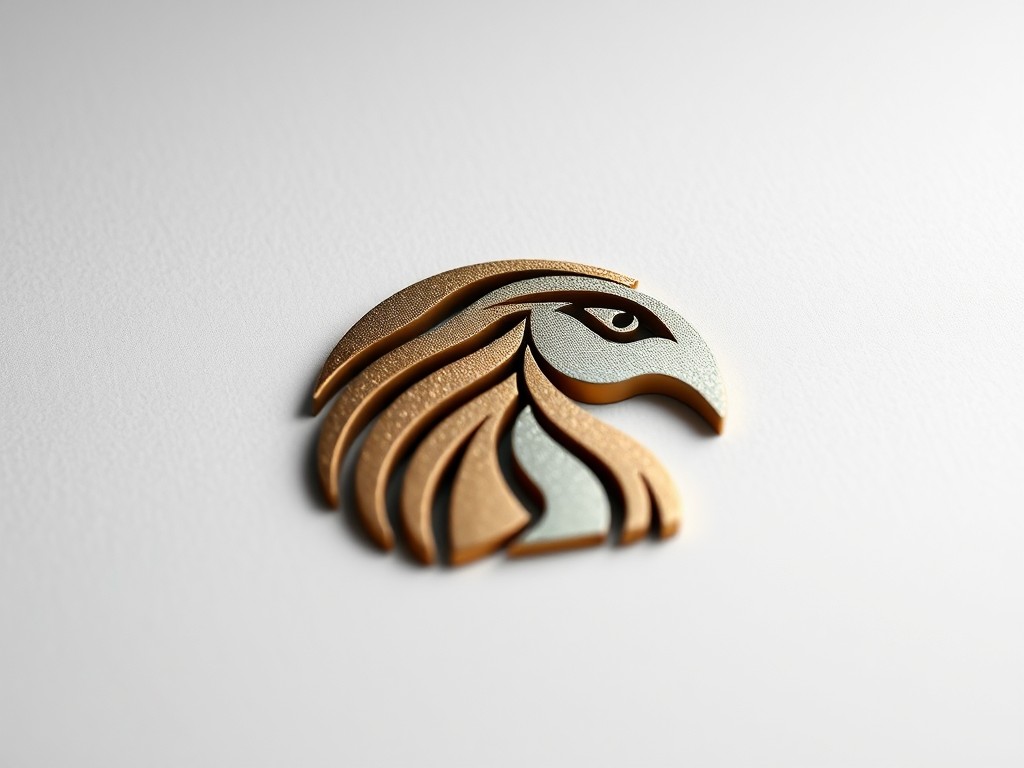Helping children build strong Arabic reading and recitation skills requires more than simple memorisation. Interactive, age-appropriate courses like Arabee combine games, songs, and stories to engage young learners actively. This approach fosters natural language acquisition while boosting confidence through a structured curriculum designed by experts and validated by educational science.
Overview of Arabic Language Courses for Children: What Parents Need to Know
For parents seeking an introduction to structured Arabic learning, this page provides detailed program insights: https://www.al-kunuz.com/en/children-courses. Children’s Arabic courses typically combine foundational speaking, reading, writing, and listening skills using progressive lessons tailored to age and experience. Most reputable programs focus on clear step-by-step progression, from Arabic alphabet basics for ages 5–7 up to beginner Arabic and conversational skills for older children and preteens. Courses span interactive group sessions, private online classes, and blended options, each offering flexible schedules—some even allow sessions multiple times per week to accommodate family routines.
Topic to read : Essential Strategies for UK Residents to Safeguard Against Water Shortages
Quality instruction relies on qualified teachers, many with credentials in both education and the Arabic language. Pedagogy may feature immersive, fun methods such as storytelling, language games, and multimedia to sustain motivation—especially vital for very young learners. Parental management portals, lesson tracking, and individualized feedback are increasingly standard for monitoring children’s progress. Enrolment is generally open throughout the year, with transparent pricing and straightforward registration processes. Parents should look for programs supporting steady vocabulary development, cultural awareness, and confidence-building through practical language use.
Approaches to Teaching Arabic for Children: Innovative, Engaging, and Age-Appropriate Methods
Enhancing Engagement and Retention with Games, Songs, Stories, and Multimedia
Interactive Arabic classes for children encourage active participation by weaving games, songs, and animated stories into every lesson. Young learners aged 5–7 build confidence through playful Arabic alphabet practice, catchy songs, and lively storytelling, making new words memorable. For ages 7–10, multimedia tools—such as digital flashcards, puzzles, and read-aloud audiobooks—boost listening and speaking abilities, ensuring core vocabulary sticks. Visual and audio materials help children focus, allowing each learner to absorb language naturally and joyfully.
In the same genre : Most expensive chalets for sale in chamonix by barnes
Differentiation by Age Group and Proficiency
Programs use progressive learning paths to address varying ages and experience levels. Activities for 5–7-year-olds center on foundational skills, sensory play, and simple conversation. Children 7–10 receive structured Arabic vocabulary for beginners, grammatical patterns, and short reading or writing exercises. Educators tailor pacing, allowing advanced students to progress swiftly while providing extra practice and repetition for beginners.
Motivation and Reward Systems
Motivation is sustained through clear goals and tangible rewards. Unlockable games, digital achievements, and friendly leaderboards spark participation and build confidence. Children see their progress visually, motivating continued effort and encouraging regular practice in Arabic listening, speaking, reading, and writing.
Course Structures, Enrollment, and Learning Outcomes Across Leading Programs
Highlights from Featured Programs: Arabee, The Arabic Club for Kids (TACK), LanguageBird, Al Kunuz
Arabee offers a progressive curriculum for ages 3-12, blending games, songs, videos, and interactive lessons to build listening, speaking, reading, and writing skills. Its digital structure supports both families and schools, while a rewards system motivates regular practice and achievement. Activities are tailored to developmental stages, and content is developed by experienced educators and linguists.
TACK excels with a child-centered weekend school approach, guided by educational research and collaboration with prominent institutes. Classes emphasize fun, autonomy, and collaborative learning, and all teachers hold significant qualifications in both Arabic and early childhood education. TACK’s flexible options span from in-person to online classes, after-school programs, and summer camps for children at various proficiency levels.
LanguageBird and Al Kunuz enable private, immersive online courses with flexible scheduling. Al Kunuz, for example, provides one-on-one Arabic and Quran lessons for different age groups, adapting content based on a child’s pace, and using qualified, native-speaking tutors. Enrollment is open year-round, and parents can monitor progress via dedicated platforms.
Curriculum Focus: Comprehensive Learning and Social-Emotional Development
Across these programs, curriculums integrate the four essential language competencies with cultural and social-emotional learning components. Children practice Arabic through storytelling, games, audiobooks, and conversation, ensuring vocabulary retention and conversational confidence. Programs like Arabee and TACK reinforce positive values, social skills, and cultural understanding, helping children feel comfortable communicating in diverse contexts.
Course Frequency, Duration, and Flexible Scheduling
Families choose between a range of class frequencies—from one to several sessions weekly. Options accommodate different needs: Arabee enables on-demand lessons, TACK balances short in-person sessions with digital choices, and Al Kunuz recommends one to three sessions per week for sustainable progress. Class sizes vary from one-on-one to small groups, ensuring personalized attention for younger learners.
Pricing Models, Subscription Options, and Sample Enrollment Journeys
Subscription models range from monthly (Al Kunuz: 25–30€/month) to unlimited self-paced access (as in several online programs). Sample enrollment journeys are streamlined: families register, select a course level, and begin lessons immediately, with ongoing access to progress reports and digital resources. Parents and guardians can flexibly switch schedules and adjust learning volume to suit their child’s enthusiasm and family needs.
Support, Parent Involvement, and Real-Life Impact: Maximizing Children’s Success
Role of parental support and school integration in language acquisition
Parental involvement fuels children’s progress in learning Arabic at home and through formal programs. Actively engaging with lessons, practicing new words daily, and using resources like audio stories or flashcards are immediate strategies. Integrated school-home communication, where teachers share milestones and tips, further strengthens vocabulary and confidence. When educators and parents collaborate, children adapt more quickly to speaking, reading, and writing Arabic, developing a solid foundation.
Feedback from educators, testimonials from parents, and learning milestones
Children’s achievements become clear through learning milestones—recognizing the Arabic alphabet, reading short sentences, or holding conversations. Educators note significant advancements in comprehension and communication, especially with regular practice and positive reinforcement. Reports consistently show that, with well-structured curricula and supportive adults, young learners not only meet but often surpass early language benchmarks.
Additional resources: apps, worksheets, video content, and professional guidance for families
Diverse tools and resources—from interactive apps and printable worksheets to engaging video content—help maintain children’s motivation and reinforce learning outside traditional lessons. Professional guidance is available through dedicated support teams, enabling families to access targeted practice and expert advice, ensuring every child can progress at an appropriate pace and celebrate success in their Arabic language journey.











